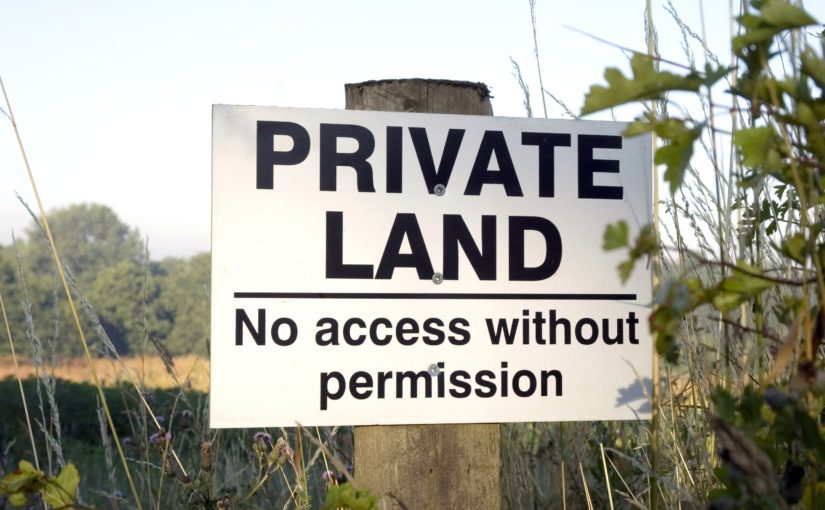FBMJ attorneys, Kim Sveska, RPh, MS, JD and Eric Nordan, RPh, PharmD, JD, presented “Current Status of Marijuana in Michigan” to more than 200 members of the University of Michigan College of Pharmacy on October 4, 2019, at the Tom D. Rowe 68th Annual Pharmacy Lectures in Ann Arbor, Michigan. The lectures presented important and emerging issues in pharmacy practice and drug therapy. Sveska’s and Nordan’s lecture included discussions on the current and everchanging status of marijuana in Michigan, encompassing what is permitted under Michigan’s medical and recreational marijuana laws, the types of products that can be sold, where they can be sold, and who can sell them. In addition, they presented how cannabidiol (CBD) and industrial hemp are addressed in legislation and the role of the Michigan Marijuana Regulatory Agency.
The College of Pharmacy at the University of Michigan is a top five rated pharmacy college embedded in a preeminent university and health system, dedicated to advancing the education of a diverse group of future pharmacists and pharmaceutical scientists. Their overarching goal is to “make a profound, positive difference in the health of the world.” Speakers at this year’s annual lecture series discussed a variety of timely topics from angiotensin-receptor blocker recalls and surviving sepsis and the ICU to controversies in pain management and medical marijuana.
Contact attorney Kim Sveska at 734-742-1800 for more information on this or other pharmaceutical and/or marijuana issues.
October 2019

FBMJ Attorneys Featured Speakers at U of M College of Pharmacy Event
FBMJ attorneys, Kim Sveska, RPh, MS, JD and Eric Nordan, RPh, PharmD, JD, presented “Current Status of Marijuana in Michigan” to more than 200 members of the University of Michigan College of Pharmacy on October 4, 2019, at the Tom D. Rowe 68th Annual Pharmacy Lectures in Ann Arbor, Michigan.
September 2019

Ben Fruchey Appointed to SBM Environmental Law Section Council
FBMJ attorney Benjamin Fruchey has been appointed to a three-year term on the State Bar of Michigan (SBM) Environmental Law Section Council. His term begins September 18, 2019 and runs until the SBM annual meeting in 2022. Before his appointment to the Council, Fruchey served on the Hazardous Substance and
September 2019
FBMJ Announces Firm’s Michigan 2019 Super Lawyers® and Rising Stars®
Foley, Baron, Metzger & Juip, PLLC is pleased to announce that eight attorneys have been named by Super Lawyers magazine to the 2019 Michigan Super Lawyers® and Michigan Rising Stars® list. Super Lawyers is a rating service of outstanding lawyers who have attained a high degree of peer recognition and professional
August 2019

FBMJ Client Prevails in RLUIPA Matter Involving Religious Land Use in Clinton Township
Foley, Baron, Metzger & Juip secured a significant victory for its client when a federal judge found that a local government’s zoning ordinance violated federal law in how it treats houses of worship. The decision, rendered in a 15-page opinion on July 24, 2019, held that Clinton Township violated the
July 2019

SCOTUS Allows Takings Claims to Bypass State Courts
On June 21, 2019 the U.S. Supreme Court overturned a 35-year old precedent and held that a private landowner who alleges the government has taken their land without just compensation can immediately sue in federal court. Previously such claims had been directed to state courts under state inverse condemnation claims,
July 2019

McGill Assists Irish Network USA and BITA Form Alliance
FBMJ’s all-things-Irish attorney, Joseph McGill, continues to forge relationships that further strengthen the Irish American community. As President of the Irish Network Michigan and the Michigan Irish American Chamber of Commerce, he helps lead these networking organizations to foster business, economic and cultural successes throughout the state of Michigan and
June 2019

Supreme Court Amends Discovery Rules
By: Christopher J. Ryan, Esq. On June 19, 2019, the Supreme Court issued an order amending multiple Court Rules in ways that will significantly alter the daily practice of attorneys engaged in civil litigation. 11 of the 16 rules contained in subchapter 2.300 (addressing discovery in civil proceedings) were amended. The
June 2019

FBMJ’s Rx Attorney, Sveska, Featured Speaker at SMSHP Event
FBMJ pharmacist-attorney Kim Sveska presented “Legal and Ethical Issues Regarding Recreational Marijuana” to pharmacy technicians of the Southeastern Michigan Society of Health-System Pharmacists (SMSHP) on June 1, 2019, at the Hellenic Cultural Center in Westland, Michigan. The lecture provided an overview of the new Michigan Regulation and Taxation of Marijuana
June 2019

Documentation Beats Conversation
Are you properly documenting prescriber interventions before dispensing opioids to your patients? Documentation must support a pharmacist’s professional judgment with clarity and specificity. During a recent Michigan Board of Pharmacy (BOP) inspection, the state inspector advised caution to the pharmacy staff regarding opioid dispensing and documentation of opioid prescription interventions, referencing
June 2019

Religious Land Use Case Survives Summary Judgement, Heads to Trial
FBMJ client, River of Life Ministries, defeated a motion brought by defendant Clinton Township to have their claims under the Religious Land Use and Institutionalized Persons Act (RLUIPA) dismissed at a hearing in U.S. District Court on May 22. This follows River of Life previously obtaining land use approval and

